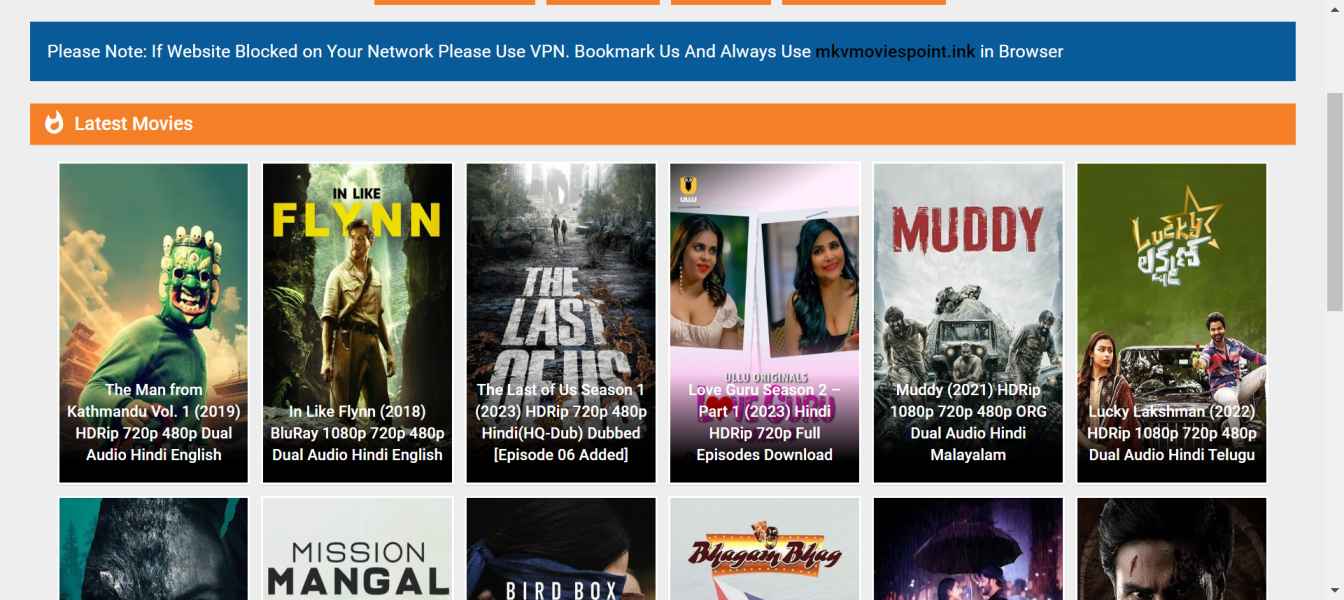Is the information age truly delivering on its promise of boundless knowledge? The recurring phrase, "We did not find results for: Check spelling or type a new query," suggests a potential crisis in information access, a systemic failure to connect users with the answers they seek, even in a digital landscape overflowing with data.
The echo of this phrase, repeated across various searches, hints at a deeper problem than mere typos. It points to shortcomings in search algorithms, indexing practices, or, perhaps most concerningly, the very structure and availability of information itself. While the internet has democratized content creation, it has also led to a deluge of noise, making it increasingly difficult to discern credible sources from misinformation. The frustration inherent in this digital impasse underscores a fundamental challenge: are we truly smarter, better informed, when the tools designed to connect us to knowledge repeatedly fail to deliver? Consider the ramifications across education, research, and even everyday decision-making. The inability to find relevant information, despite the wealth of data at our fingertips, becomes a significant barrier to progress.
This recurring message "We did not find results for: Check spelling or type a new query" serves as a stark reminder of the importance of accurate search queries and the limitations of the current search engine technology. Let us investigate the challenges faced by individuals, researchers, and organizations in the digital age, and analyze the potential solutions that can improve information retrieval and access.
Let's also explore the implications when it comes to the individuals who create content online. Today, content creators are facing many challenges and opportunities. From a rise in AI technology that allows content to be created easier to the potential impact on advertising revenue. The world of content creation is not what it once was, a world that is dynamic with fast pace change.
Here's a table exploring the various aspects of the current situation and the challenges for the future:
| Aspect | Challenges | Opportunities | Impacts |
|---|---|---|---|
| Search Engine Technology |
|
|
|
| Content Creation |
|
|
|
| Information Access |
|
|
|
The inability to consistently find answers, as signaled by the repeated error message, is a symptom of a broader crisis. This includes: search engine limitations, indexing inaccuracies, data fragmentation, and a deluge of low-quality content. The very infrastructure of the internet, for all its potential, appears to be failing to consistently deliver on its promise. In an era where information is power, this failure has significant consequences.
Furthermore, the prevalence of the message "We did not find results for: Check spelling or type a new query" might, ironically, be a sign of a growing sophistication in search behavior. Users, increasingly aware of the need for precision, may be using more complex search terms, resulting in an overestimation of search failure. This, in turn, underscores the need for more advanced natural language processing and semantic understanding within search engines.
There are several reasons why one might repeatedly encounter the frustrating "We did not find results for: Check spelling or type a new query" message:
- Keyword Specificity: The user may be employing very specific or obscure search terms.
- Spelling and Grammatical Errors: Simple typos or grammatical errors can derail a search.
- Algorithm Limitations: Search engines, despite their advancements, sometimes struggle with nuanced queries.
- Indexing Issues: The website may not be indexed correctly, meaning the content is not available in the search engine's database.
- Content Quality: The information the user seeks might not be available in a high-quality or easily accessible format online.
- Language Barriers: The search might be in a less common language or use regional jargon that the engine doesn't fully understand.
Addressing the widespread issues in search requires a multifaceted approach that includes several key improvements:
- Enhanced Search Algorithms: Incorporating more sophisticated AI and machine learning to better understand user intent and context.
- Improved Indexing: Develop more robust techniques for indexing a wider variety of content, including data from less accessible sources and less structured documents.
- Content Curation and Quality Control: Establishing ways to assess and rank content based on its credibility, accuracy, and relevance.
- User Education: Promoting better search practices, including using more specific terms, understanding search operators, and verifying the sources of information.
- Collaboration and Open Standards: Promoting open data standards and collaboration between researchers, developers, and content creators to improve the information ecosystem.
As the landscape changes, adapting to the changing needs and trends of the content is also critical for creators and search engine alike. Creators, for example, must be able to adjust their content creation strategies, content publishing, and monetization strategies to ensure that the digital landscape is providing for their business.
When it comes to search engines, they have to adjust how content is gathered and its access. For example, indexing is not simply limited to the text on a website, but it now must include video and images, and even data from less accessible sources and less structured documents.
The issue of We did not find results for: Check spelling or type a new query highlights a complex interplay between technological limitations, human behavior, and the evolving nature of the information landscape. Solving this challenge will require ongoing innovation, improved search practices, a focus on quality content, and a renewed commitment to ensuring that the internet serves as a reliable gateway to knowledge and information.
The very act of encountering the phrase "We did not find results for: Check spelling or type a new query" can be a catalyst for critical thinking. It prompts us to assess the quality of information, the reliability of sources, and the effectiveness of our own methods of inquiry. If we consistently find ourselves hitting this digital dead end, it is a sign that we need to adjust our strategies. More importantly, it suggests a systemic problem in the digital information ecosystem that demands attention and innovation.
For individuals, the repeated failure to find relevant information reinforces the importance of developing strong research skills. This involves not only knowing how to formulate effective search queries, but also how to evaluate the credibility of sources, cross-reference information, and identify potential biases. In an environment flooded with information, the ability to discern truth from falsehood is more valuable than ever.
Moreover, the search "We did not find results for: Check spelling or type a new query" highlights the significance of content creation and its quality. As more information is being generated, the value of high-quality information becomes more apparent. Content creators play a crucial role in enhancing the information ecosystem by generating reliable, relevant, and well-organized content. They are essential to bridging the gap between users and knowledge. Their efforts in producing accurate and easily discoverable content can significantly improve the search experience and guarantee that users can locate the information they are seeking.
Addressing the challenges identified in the search issues necessitates a commitment to innovation and continual improvement. Search engine developers are continuously working on improving their algorithms and indexing technologies to better understand user intent, filter misleading results, and present a broad range of trustworthy sources. However, a collaborative approach is essential for long-term success. This includes collaboration among researchers, content creators, and educators. By working together, we can create a more robust and reliable information ecosystem, improve search experiences, and ensure that the potential of the digital age is fully realized.
- Gabriel Guevaras Dating Life My Fault Relationships Rumors
- Decoding Sheins Cdg Status Order Updates What To Know


